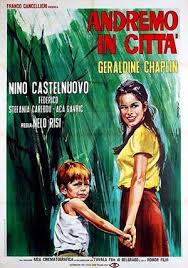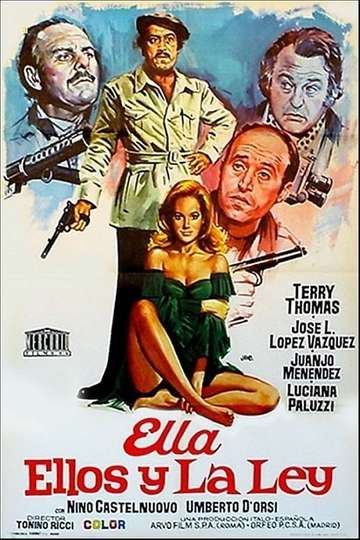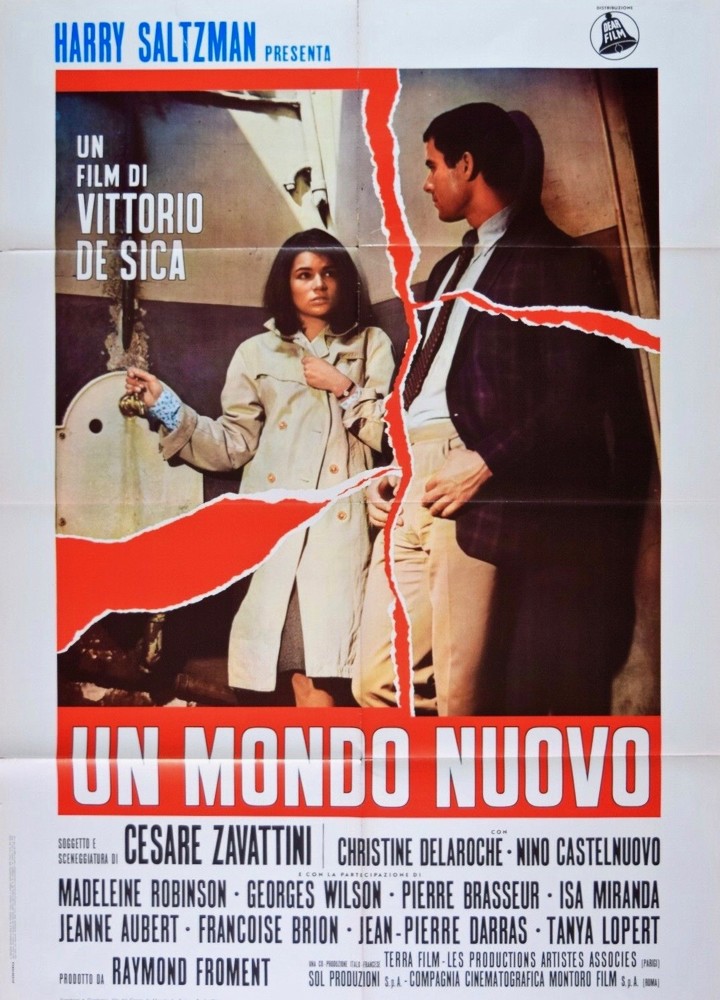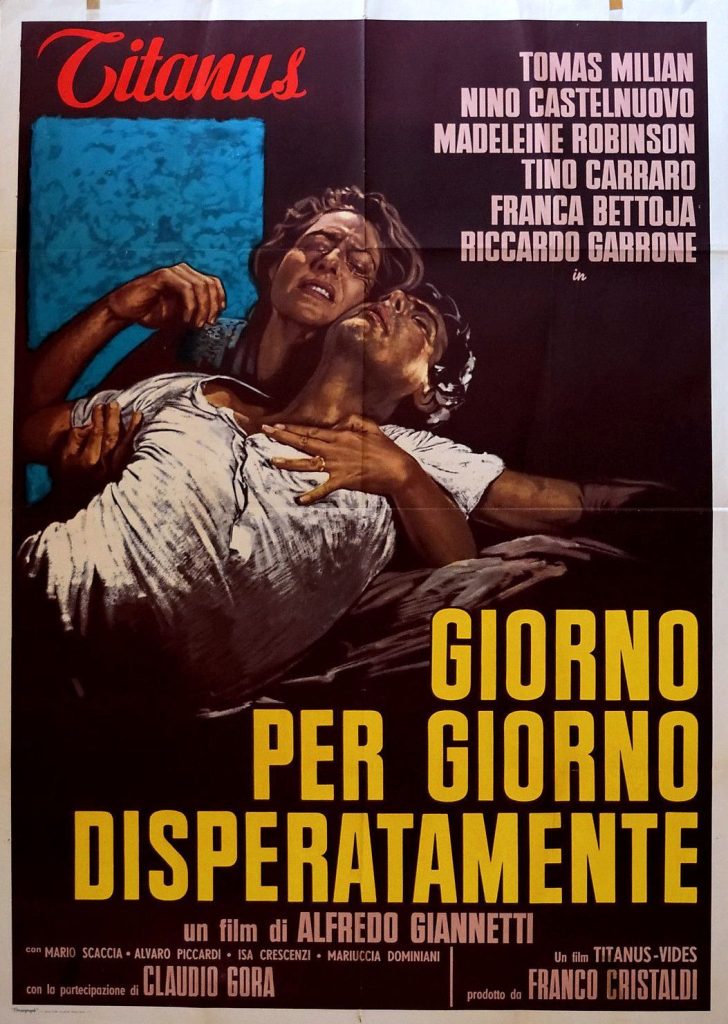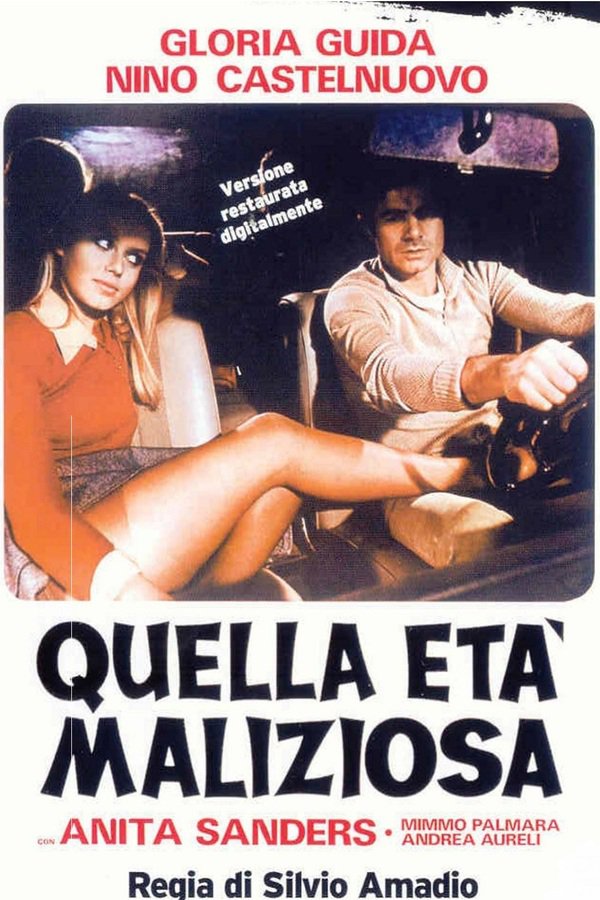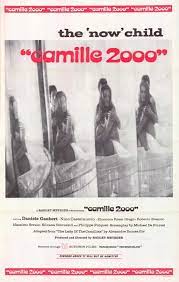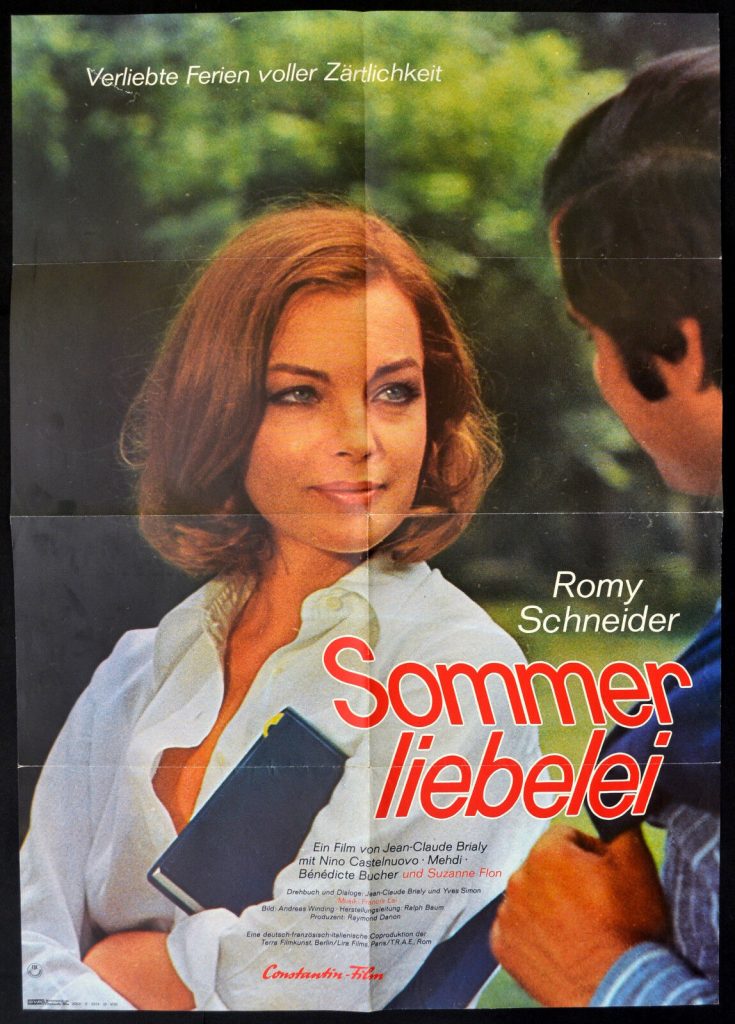
Nino Castelnuovo was born in 1936 in Italy. His best known role was in “The Umbrellas of Cherbourg” opposite Catherine Deneuve in 1964. His other movies include “Rocco and his Brothers” which was directed by Luchino Visconti and “The English Patient”. Nino Castelnuvo died in 2021.
Nino Castelnuvo’s obituary in The Guardian in 2021.
Actor best known for playing Guy Foucher in the French musical film classic The Umbrellas of Cherbourg
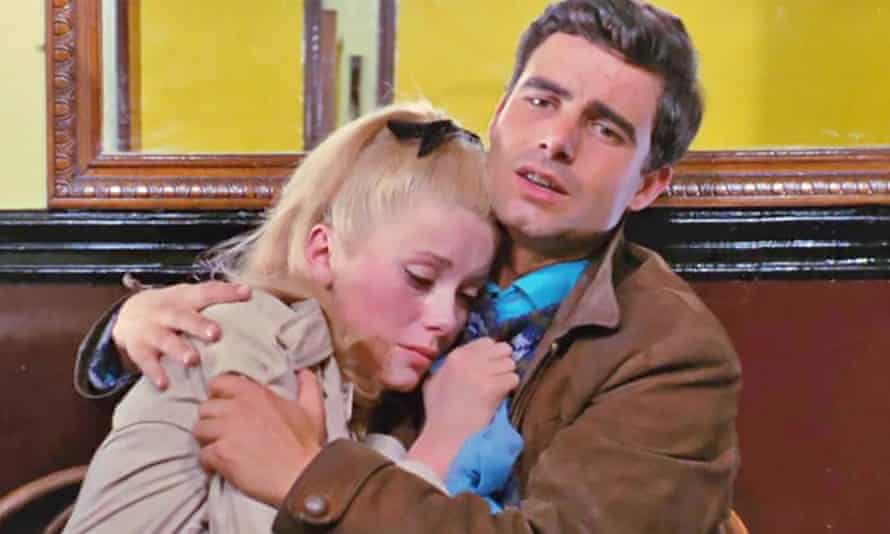
Ryan GilbeySun 19 Sep 2021 16.34 BST
The actor Nino Castelnuovo, who has died aged 84, starred in one of the indisputable masterpieces of 1960s French cinema: Jacques Demy’s heartbreaking and visually ravishing musical The Umbrellas of Cherbourg (1964).
Castelnuovo was tender and compelling as Guy, the handsome mechanic in love with Geneviève (Catherine Deneuve), who works in her mother’s umbrella shop. Their romance is interrupted when Guy is summoned to do his military service in the Algerian war. Immediately after he breaks this news to Geneviève, the tearful couple, filmed from the waist up, are borne smoothly along the street as if on a conveyor belt. The scene suggests their trance-like state of shock while hinting at forces beyond their knowledge.
Geneviève gives birth to Guy’s child while he is away, but when the former lovers meet again six years later, their lives have changed irrevocably. Guy, bruised and disillusioned by his wartime experiences, is no longer so dashing or carefree. Neither of them are single.
The vibrant primary colours of the earlier scenes are thin on the ground, as is the sweethearts’ idealism, but it is also true that they have moved on and matured.
The final scene, set on a snowy night at the Esso garage that Guy now owns, is a perfect marriage of the lyrical and the quotidian. “Is this the saddest happy ending in all of movies, or the happiest sad ending?” wondered the critic Jim Ridley. “The beauty, and profundity, of Demy’s vision is that it’s both.”
Two compositions from the film – I Will Wait For You and Watch What Happens – became popular standards. For the most part, though, Michel Legrand’s score is comprised not of individuated songs but of dialogue that is entirely sung-through, as in opera. (None of the cast members do their own singing; Castelnuovo is dubbed by José Bartel.)
Just as the unremarkable port setting is brought to heightened, shimmering life by Demy’s visual panache, so one of the film’s pleasures is the contrast between the banality and pragmatism of the everyday exchanges, and the lushness of the music that accompanies them.
The Umbrellas of Cherbourg formed part of the director’s seaside trilogy, sandwiched between Lola (1961), set in Nantes, and Les Demoiselles de Rochefort (1967). It won the Palme d’Or at the Cannes film festival, was nominated for five Academy Awards (including best foreign language film), and remains widely adored today. Damien Chazelle, the director of the musical La La Land (2016), called it “the most shattering, transporting work of art I’ve seen in any medium”.
Deneuve’s career took off internationally after the film’s release; Castelnuovo kept working but fared less well. Among his subsequent movies were Edgar G Ulmer’s swansong The Cavern (1964), Vittorio De Sica’s A New World and the spaghetti western Massacre Time, as well as The Creatures, a film by Demy’s wife, Agnès Varda, which also featured Deneuve (all 1966). In 1967, he became a star in Italy with the television series The Betrothed, set in the 17th century. Pope Paul VI, who was apparently a fan of the show, had asked to meet him.
Born in Lecco, Italy, Nino was the son of Emilia Paola (nee Sala), a maid, and Camillo Castelnuovo, who worked in a button factory. He took jobs as a mechanic and a painter while pursuing his interest in gymnastics and dancing. After studying drama at the Piccolo theatre in Milan, he appeared as a mime artist on children’s television before landing a bit part in The Virtuous Bigamist (1956) and his first credited role in the thriller The Facts of Murder (1959).
He starred with Alain Delon in Luchino Visconti’s magnificent drama Rocco and His Brothers, alongside the director Pier Paolo Pasolini in The Hunchback of Rome (both 1960), and with Tony Curtis and Monica Vitti in the medieval caper On My Way to the Crusades, I Met a Girl Who … (1967).
He was in the western-cum-heist movie The 5-Man Army, co-written by Dario Argento and scored by Ennio Morricone, and the erotic drama Camille 2000. In the portmanteau film Love and Anger (1969), he appeared in Jean-Luc Godard’s contribution, L’amore.
His work in the 70s and 80s, including the Star Wars rip-off Star Odyssey (1979), was confined largely to home-grown film and television. In the 80s, his profile rose in Italy when he appeared in a television commercial for corn oil, in which he was shown leaping over a fence as evidence of his heartiness even in middle age.
A brief return to international cinema came when Anthony Minghella cast him as an archaeologist in the Oscar-winning romantic epic The English Patient (1996). He played an unscrupulous judge in the Italian television series Tuscan Passion, which ran from 2013 to 2015, and his last credit was in the TV movie The Legacy Run (2016), a crime drama set in the world of sport.
He is survived by his wife, Maria Cristina Di Nicola, and a son, Lorenzo, from a previous relationship with the actor Danila Trebbi.
Nino (Francesco) Castelnuovo, actor, born 28 October 1936; died 6 September 2021

